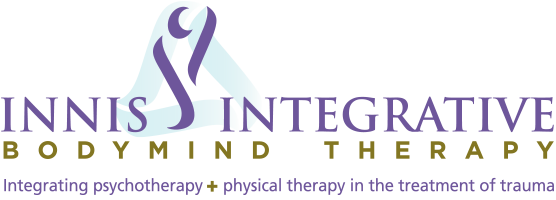Trauma disrupts life and can bring suffering. It can bring you face-to-face with your own mortality, sometimes in the blink of an eye!
It can also be a catalyst for transformation, like the symbolic death and rebirth of the phoenix rising.
This flip-side of trauma carries the potential for growth and expansion. It can pave the way for unimaginable strength and a sense of triumph. Furthermore, a traumatic experience may redirect you towards the path to a more fulfilling life. It can reconnect you to your soul directed values, and your loved ones.
Richard Tedeschi, Ph.D. and Lawrence Calhoun, Ph.D. first coined the term, post-traumatic growth, in 1995. The term evolved over time to emphasize ideas of growth, expansion, and the development of greater resilience as a potential consequence of struggling with trauma.
According to Tedeschi and Calhoun, post-traumatic growth tends to occur in five areas. New opportunities emerge from the struggle, opening up possibilities that were not present, or apparent to you, prior to the incident.
Changes in your relationships with others may occur as well. Empathy for others who have suffered might emerge and develop within you. Specifically, more heartfelt, deeper relationships may come to the foreground for you.
An authentic sense of strength and resilience can spring forth from a source deep within, inspiring a feeling of “if I can live through that, I can handle anything.”
In addition, a greater appreciation for life, in general, may surface. You may begin to be aware of the preciousness and time-limited aspect of life.
Many sense something deeper; something more meaningful existing in their lives. Previously held belief systems may be challenged and changed, putting you more into alignment with who you really are. You may experience this as a deepening of your spiritual life.
“Getting over” a traumatic event is not enough
Recovery is critical. Post-traumatic growth emerges as you recover yourself, your sense of meaning, and your feeling of safety in the world. This is best done in relationship, not in isolation.
You are intended to thrive, not just survive a trauma.
Developing posttraumatic growth and resilience is crucial to your well-being and your ability to thrive in the life intended for you. You and your loved ones deserve this.
You probably know that somehow your most challenging experiences have made you who you are. Especially your traumatic experiences. You probably also know that ignoring, denying, or keeping the experience a secret is not leading you to the other side of the trauma.
There are many ways to get through this experience. Reach out to a qualified trauma therapist who understands the importance of post-traumatic recovery, resilience, and growth. Accurate validation of your experience is essential. You deserve guidance, support, and empowerment as you begin to put the pieces back together.
Restoring your natural body rhythms of balance and harmony are essential
Developing an embodied sense of trust and safety are key. Both may have been ripped away from you in the event. Your body needs to know that the event is over. You survived. And now, your natural protective mechanism of fight/flight/freeze can “stand down”.
Taking the time to remember, process, and mourn the event helps you reassemble and reorganize the event. It allows you time to re-digest the memories in present time, within the safety of a qualified trauma therapeutic relationship. Essentially, the therapist shares the emotional burden of the event, replacing isolation, terror, and disempowerment with accurate validation. Self-empowerment then emerges, leading the way to reconnection with your ordinary life, loved ones, and purpose.
There is light at the end of your tunnel. Many survivors find new direction, revived vigor, and commitment to a life greater than the one they knew before the trauma.
You can too!
Contact me here for more information on PTSD Treatment




